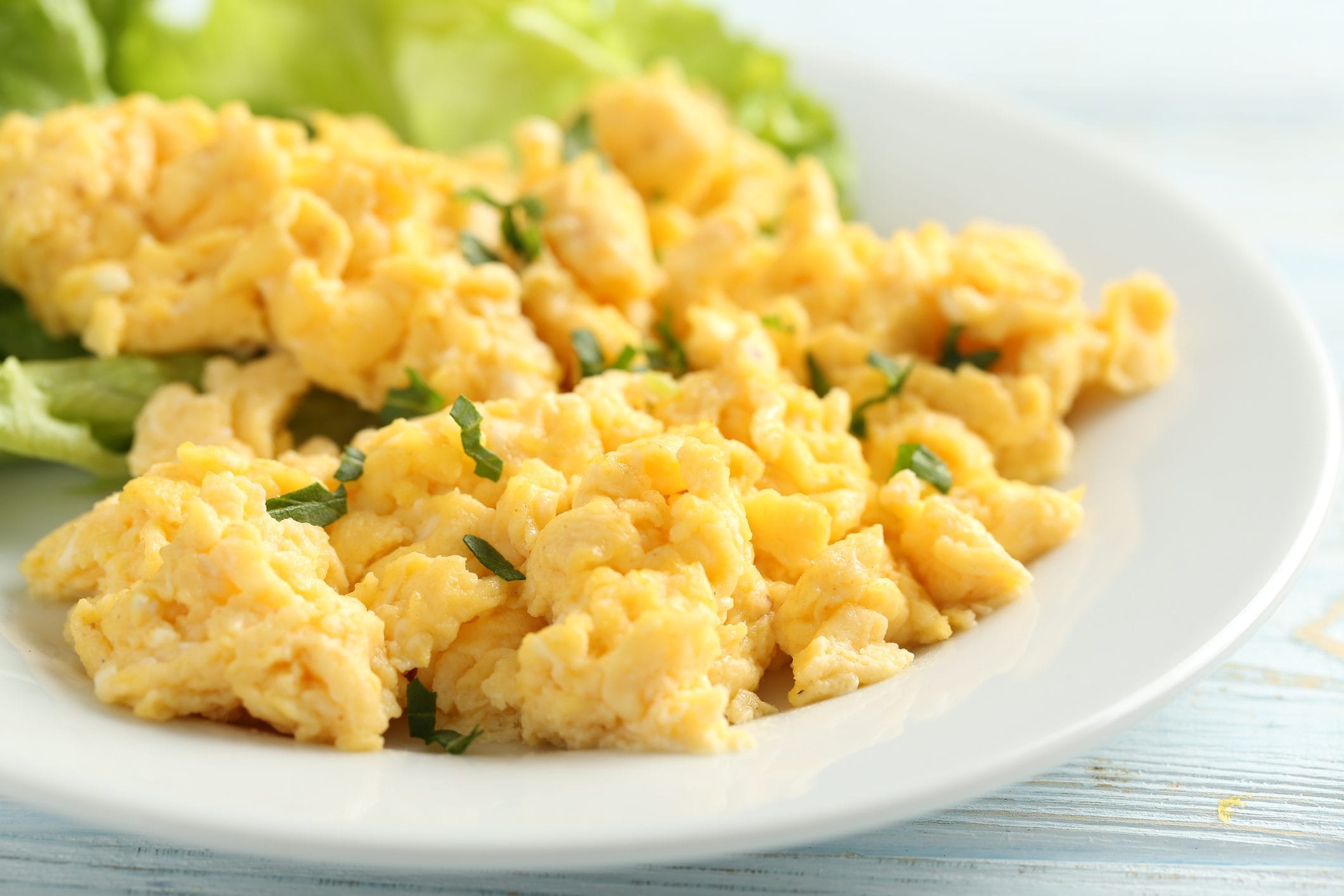
For many of us, breakfast is the most important — and often the most rushed — meal of the day. With so many options out there like pancakes, casseroles, toast, or oatmeal, we still often come back to one comforting classic: scrambled eggs.
But what if you could take your everyday eggs and turn them into something truly special — soft, silky, and rich with flavor? With just a few small changes, your usual scramble can become your favorite part of the morning. Here’s how to make the best scrambled eggs of your life, with techniques chefs swear by.
1. Skip the Milk — Let the Eggs Shine
It’s a common belief that adding milk or cream makes scrambled eggs fluffier. But according to many chefs, milk actually waters down the eggs, leaving them pale, rubbery, and bland. The truth? Eggs don’t need help to be creamy — they just need butter and technique.
For the richest flavor and softest texture, whisk your eggs without any added liquid. Let their natural creaminess do the talking. If you want extra richness, add a small knob of butter at the end of cooking — that’s all you need.
2. Always Crack and Whisk in a Bowl
This might seem basic, but it’s crucial: always crack your eggs into a separate bowl, not directly into the pan. This helps you avoid unwanted eggshells and allows you to whisk them until completely smooth and uniform.
Whisking well introduces just the right amount of air, giving you fluffier, lighter curds. Don’t overdo it — just enough to blend the yolks and whites completely.
3. Use the Right Tools: Pan and Spatula Matter
The perfect scrambled eggs start with the right equipment. A nonstick pan is essential — it prevents sticking and ensures gentle, even cooking. And when it comes to stirring, reach for a heatproof silicone spatula.
This type of spatula lets you sweep every part of the pan, including the edges and corners, helping form soft, even curds without breaking them apart. Avoid metal or wooden tools — they can scratch your pan or mash the eggs.
4. Cook Low and Slow — Patience Pays Off
If there’s one rule you should never skip, it’s this: use low to medium-low heat. Scrambled eggs need gentle, slow cooking to develop their signature creamy texture. High heat will dry them out and create a rubbery finish.
As the eggs start to set, keep them moving slowly with your spatula, folding rather than stirring. Just before they’re fully cooked — when they still look a little wet — remove the pan from heat. The residual warmth will finish the job perfectly.
5. Butter First, Flavor Last
To start, melt a little butter in your pan over medium-low heat — but don’t let it brown. Once melted, pour in your whisked eggs and let the magic begin.
Only once the eggs are nearly done should you season with salt and pepper. Adding salt too early can cause the eggs to weep and lose their creamy consistency. And if you’re in the mood to elevate the flavor, now’s the time to add crumbled cheese, chopped herbs, or even a sprinkle of chili flakes.
6. Add-Ins That Make a Difference
Want to make your scrambled eggs feel more luxurious? Try folding in:
- Fresh chives or parsley for brightness
- Soft goat cheese or feta for richness
- A spoonful of crème fraîche or sour cream at the end for extra creaminess
- Truffle oil, smoked salmon, or sautéed mushrooms for a restaurant-style touch
Just be sure to add these extras at the very end so they blend in without overcooking the eggs.
Scrambled eggs don’t need much to be exceptional. With good technique, a bit of butter, and the right heat, you’ll get silky, custardy eggs that feel like a treat — even on the busiest mornings.
So next time you reach for a pan, remember: low heat, no milk, gentle stirring, and finish with flair. Your breakfast game just leveled up.
;Resize,width=767;)
